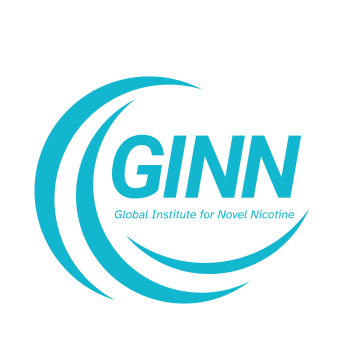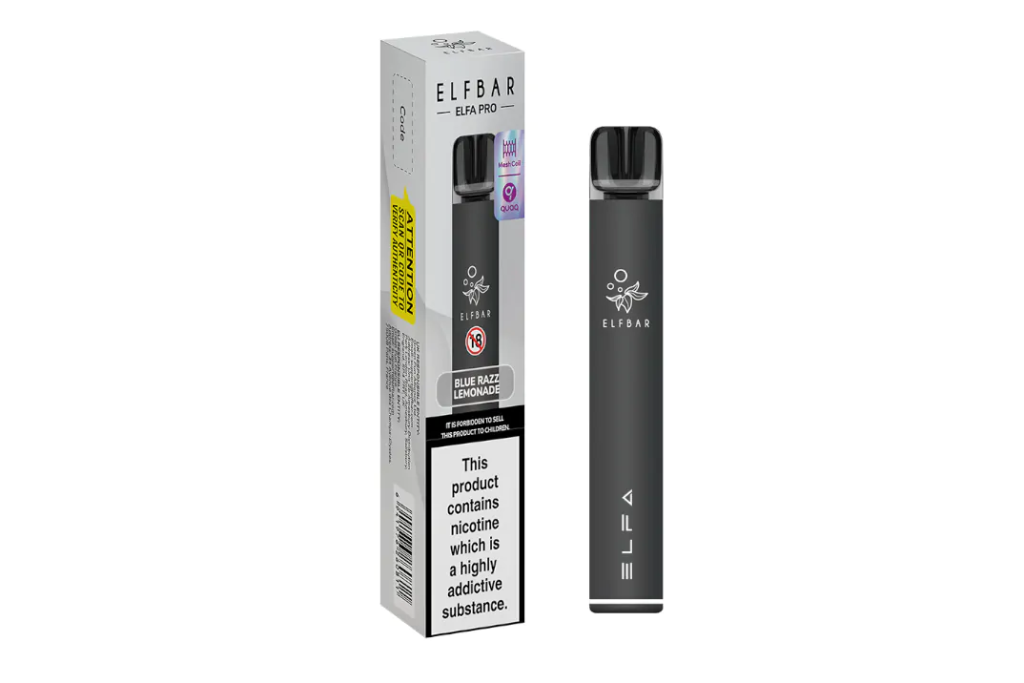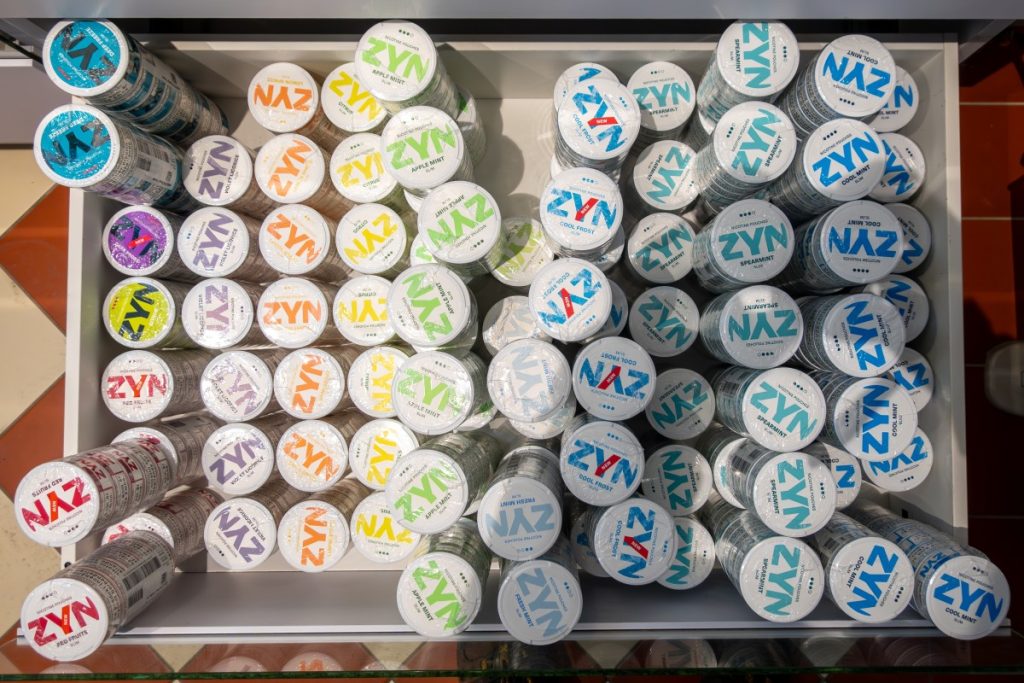GINN says nicotine stigma is blocking global harm reduction progress.
By K Futur Nicotine PouchesThe World Vapers’ Alliance (WVA) has strongly criticised the World Health Organization (WHO) for endorsing Thailand’s nationwide ban on e-cigarettes, calling it an ideologically driven policy that ignores scientific evidence and consumer voices.
According to the WVA, the WHO’s support of Thailand’s prohibition-focused strategy undermines harm reduction efforts and fuels illicit markets. The group argues that prohibition does not reduce vaping or tobacco smoking. Instead, bans encourage black markets and unsafe products. Comparisons have even been made to Australia’s experience, where excessively strict vape rules spurred illicit trade and community tensions similar to alcohol prohibition in the United States.
The WVA also criticised the exclusion of nicotine users from policy-making discussions, claiming this contradicts the WHO’s own tobacco control protocols. Campaigns such as Voices Unheard have highlighted the need to amplify consumer representation alongside evidence-based policy at international forums like COP11.
To show the flaws in prohibition, the WVA contrasted Thailand with Sweden. By embracing safer alternatives and harm reduction tools, Sweden achieved a 55 percent reduction in smoking within a decade. Thailand, by comparison, recorded only a 49 percent reduction over more than three decades.
On youth access, the WVA pointed to surveys suggesting that one in four Thai students had tried e-cigarettes despite the ban. This, they argue, shows that prohibition is not stopping young people from experimenting, but instead driving behaviour into unregulated underground markets.
GlobalHealthIndustry NewsOpinion PiecesRegulations






